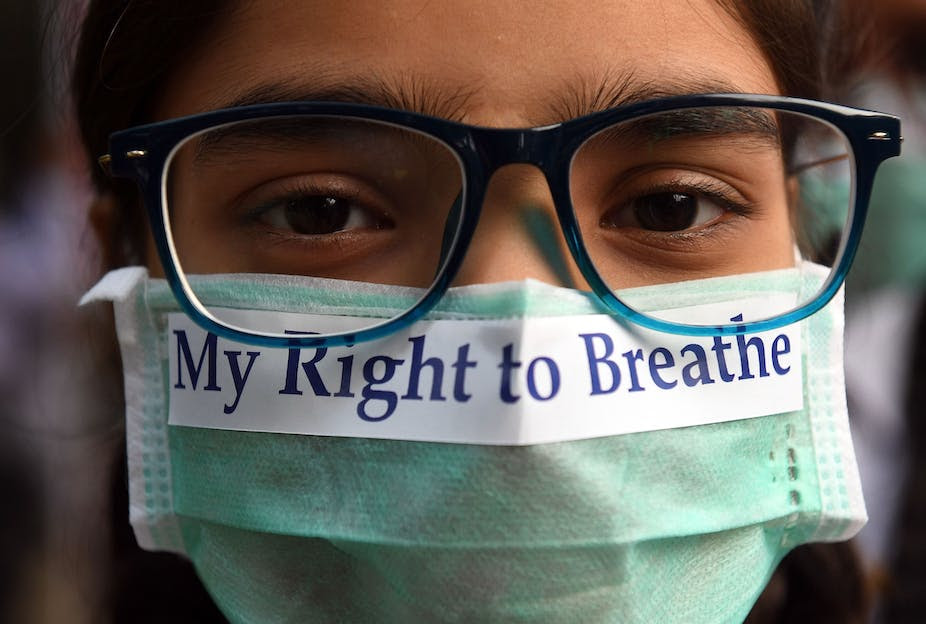On July 28, 2022, the United Nations General Assembly adopted a resolution declaring that access to a clean, healthy and sustainable environment is a universal human right. For the UN Special Rapporteur on Human Rights and the Environment, David Boyd, this is a momentous decision for people who will no longer need to beg governments to act but will demand it. This resolution builds on a similar text adopted in 2021 by the Human Rights Council and recognizes that this new right is a human right, inseparable from all other human rights. States, international organizations and companies are now invited to intensify their efforts to guarantee a healthy environment for all.
Of the 169 countries participating in the vote, 161 voted in favor and 8 abstained: China, Russia, Belarus, Cambodia, Ethiopia, Iran, Kyrgyzstan and Syria. David Boyd explains that this right was not included in the 1948 Universal Declaration of Human Rights. This is a historic resolution that will change the nature of international human rights law. It recognizes that the right to a healthy environment is one of the most powerful tools available to people to hold governments accountable.
The UN High Commissioner for Human Rights, Michelle Bachelet, says that environmental action is now based on human rights obligations, which provide essential safeguards for economic policies and trade patterns. UN Secretary-General Antonio Guterres said the resolution will help reduce environmental injustices, close protection gaps and empower people in vulnerable situations, such as environmental human rights defenders, children, women and indigenous peoples.

The text, co-sponsored by more than 100 countries, was presented by Costa Rica, Maldives, Morocco, Slovenia and Switzerland. It states that the right to a healthy environment is now linked to existing international law and that its implementation will depend on the effective application of multilateral environmental agreements.
The text specifies that the enjoyment of this right is closely linked to the impact of climate change, unsustainable management and use of natural resources, air, land and water pollution, mismanagement of chemicals and wastes, and loss of biodiversity, as well as the direct and indirect negative effects of environmental damage.
The main limitation is that the resolutions passed by the UN General Assembly are non-binding and countries are not legally obliged to comply with them. But for David Boyd, if countries do not have a legal obligation, they have a moral obligation to comply. He uses the example of a resolution adopted in 2010 recognizing the right to water and sanitation for everyone.
Although not legally binding or enforceable, this resolution was the catalyst for a cascade of positive changes that have improved the lives of millions of people. He believes that this right to a clean, healthy and sustainable environment will be essential to address the triple global crisis of the three main environmental threats facing humanity: climate change, pollution and biodiversity loss. The Executive Director of the United Nations Environment Programme, Inger Andersen, says this resolution sends the message that no one can take away nature, clean air, clean water or a stable climate without a fight.



Comment here